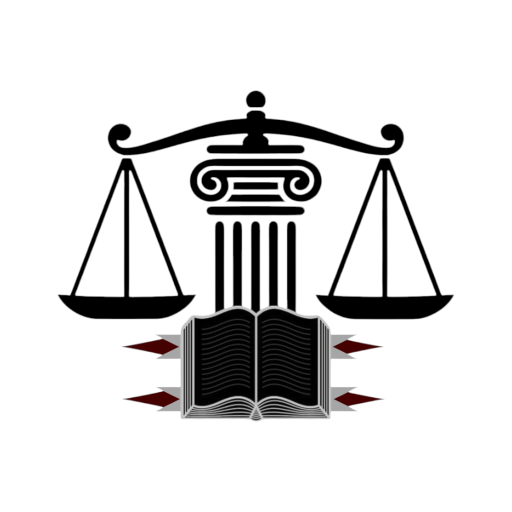Introduction and Background
After the death of Mughal Emperor Aurangzeb in 1707, the Muslim society in India started to decline. Un-Islamic practices were spreading, Hindu influence was rising, and the British were gaining strength. This created the need for a strong reformer, and Shah Wali Ullah rose to guide and revive the Muslim community.
Birth and Education
Shah Wali Ullah was born in Delhi on 21st February 1703. His real name was Qutub-ud-Din. His father, Shah Abdur Rahim, was a well-known scholar who helped compile Fatawa-e-Alamgiri. Shah Wali Ullah memorized the Quran in childhood and learned Islamic philosophy (Ilm-ul-Kalam) from his father. He completed his studies by the age of 15 and then taught at Madrassa Rahimia, which was founded by his father.
Pilgrimage to Makkah
At the age of 23, he traveled to Arabia to perform Hajj and gain further religious education. In Madinah, he studied Hadith from Sheikh Abu Tahir bin Ibrahim and received a certificate (Sanad). After spending 14 months in the holy cities and performing Hajj twice, he returned to Delhi in 1733.
Social Conditions in His Time
During his time, the Mughal Empire was weakening. The emperors wasted public wealth on luxuries, while the people suffered from poverty and injustice. Religious divisions were increasing, especially between Shias and Sunnis. The Marathas and Sikhs were gaining power, and Hindu nationalism was on the rise. Morals in society had declined badly.
Religious Reforms
Shah Wali Ullah wanted to bring Muslims back to the true teachings of Islam. He encouraged Muslims to follow the Quran and Sunnah, promoted unity among Muslim sects, and urged a simple, Islamic way of life. He taught the importance of justice, equality, and Jihad. He also translated the Quran into Persian in 1738 so that ordinary people could understand it. Later, his sons translated it into Urdu.
Political Services
Shah Wali Ullah believed that Muslims needed to restore political power. He warned that the Marathas could destroy Muslim rule. He wrote letters to Muslim leaders like Najib-ud-Daula and Shuja-ud-Daula to unite against the Marathas. When local chiefs failed to stop them, he invited Ahmad Shah Abdali from Afghanistan. This led to the defeat of the Marathas in the Third Battle of Panipat in 1761.
Letters to Society
Shah Wali Ullah wrote letters to different groups in society. He advised Mughal rulers to reform, encouraged soldiers to perform Jihad, guided workers to support the economy, and told people not to focus on wealth. His letter to Ahmad Shah Abdali urged him to fight for Islam and defend Muslim rule.
Books and Contributions
He wrote over 50 books in Arabic and Persian, focusing on religion, society, and politics. His most famous work, Hujjatullah al-Baligha, explains how Islam can solve human problems and highlights the importance of Ijtihad. He also wrote Izalat-ul-Khifa to reduce conflict between sects and Al-Insaf to balance different schools of Islamic thought.
Quran Translation into Persian
Translating the Quran into Persian was one of his greatest achievements. At that time, most educated Muslims in India spoke Persian. His translation helped them understand the Quran without relying on scholars who opposed reforms. Though some scholars resisted and even threatened him, he completed the work. This effort later inspired many more translations of the Quran.
Death
Shah Wali Ullah died in Delhi in 1762 (1176 AH). He was buried in the graveyard known as \”Mehindiyan Kakhitta,\” along with his descendants.
Conclusion
Shah Wali Ullah was one of the greatest Islamic scholars and reformers of the subcontinent. He lived in a time of chaos and decline but worked hard to revive Islamic teachings, promote unity, and guide Muslims in both religious and political matters. His efforts helped shape the future of the Muslim community in India, and his writings continue to inspire people even today.
